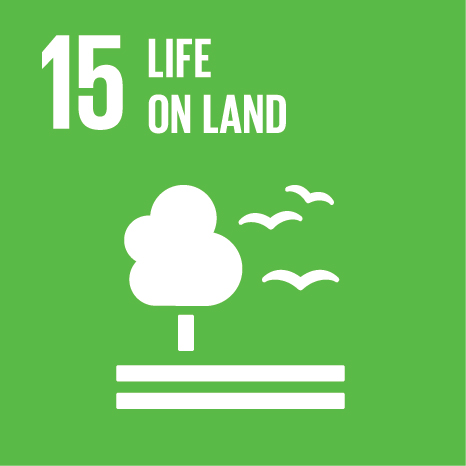The role of aromatic and medicinal herbs in food security
Event Title
IV Congresso Internacional. 6-7-8 Setembro 2023. Universidade de Coimbra SOBERANIA ALIMENTAR DINÂMICAS DE PRODUÇÃO E ABASTECIMENTO NA LONGA DURAÇÃO
Year (definitive publication)
2023
Language
English
Country
Portugal
More Information
Web of Science®
This publication is not indexed in Web of Science®
Scopus
This publication is not indexed in Scopus
Google Scholar
This publication is not indexed in Overton
Abstract
Aromatic and medicinal herbs play an important role in the diet of human societies and, therefore, in food sovereignity and security. This is the case of the Mediterranean diet. Having this in mind. the communication presents research results on the sector of aromatic and medicinal herbs located in different regions of the Portuguese territory. The the role of local development associations and networks in the development of the sector is the focus of the analysis developed. The cultivation of aromatic and medicinal herbs has economic, social, and environmental impacts on the territory. Besides the creation of employment and the possibility of an, principal or complementary, income source, this production provides the improvement of biodiversity and the occupation of rural areas. They are mostly cultivated in small and very small farms, both in developing and developed countries (Kwankhao & Indaratna, 2020; Matthews & Jack, 2019; Schunko, et al, 2019; Unati et al, 2016; Yamoah et al, 2014). Those trends presents many challenges in different dimensions of business development through the value chain, namely commercialization. This is the reason behind the establishment of connections and the establishment of partnerships with other actors, such as local development associations, and other producers, providing the scale and critical resources towards the success of this initiatives. The case study selected, EPAM, corresponds to the empirical setting to explore this sector regarding the role of networks. A case study approach is adopted with an explortive and quantitative nature using primary and secondary data. The presentation is structured as follow: after the revision of literature, and the design of a conceptual framework, methodological options, and the results, are presented; It finishes with conclunding remarks.
Acknowledgements
--
Keywords
AROMATIC AND MEDICINAL HERBS,FOOD SECURITY,NETWORKS,RURAL TERRITORIes
Contributions to the Sustainable Development Goals of the United Nations
With the objective to increase the research activity directed towards the achievement of the United Nations 2030 Sustainable Development Goals, the possibility of associating scientific publications with the Sustainable Development Goals is now available in Ciência_Iscte. These are the Sustainable Development Goals identified by the author(s) for this publication. For more detailed information on the Sustainable Development Goals, click here.

 Português
Português




